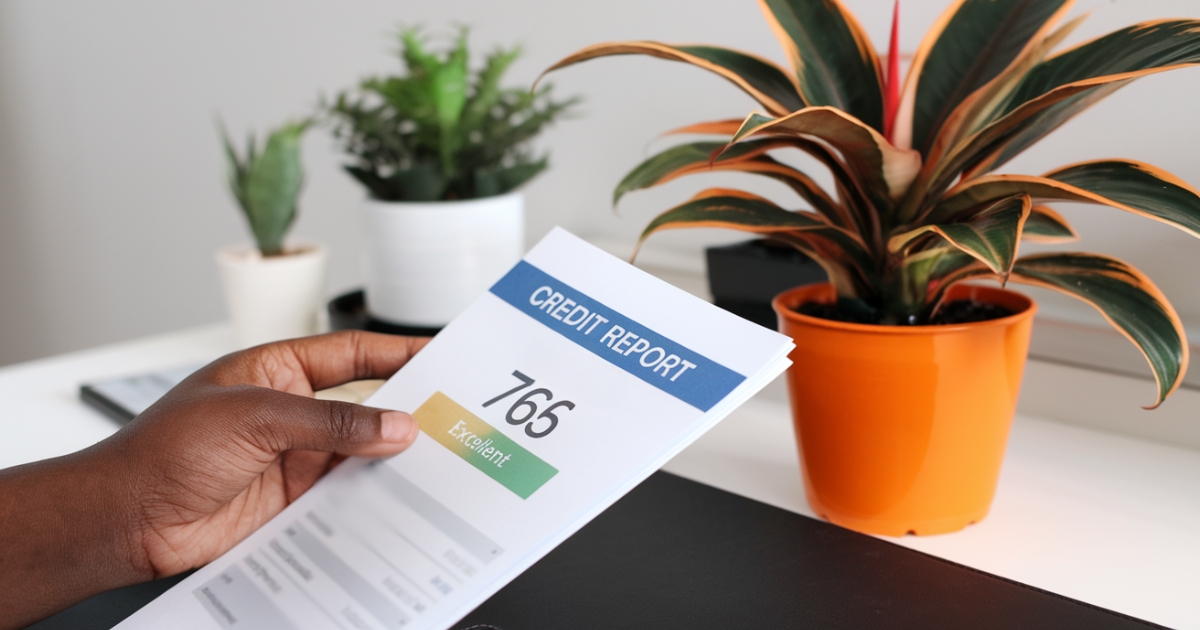
Credit bureaus are crucial to South Africa’s financial system, serving as custodians of credit information for both individuals and businesses. By collecting, storing, and reporting on consumers’ credit histories, these institutions significantly influence lending decisions and access to credit. Understanding how credit bureaus function, the type of data they manage, and how this information impacts your financial future is important for anyone navigating the credit environment in South Africa. But do you really know what your credit report says about you?
Key Takeaways
- Roles and Types: South Africa has 11 credit bureaus, including major ones like Experian and TransUnion, each handling various types of credit data.
- Impact of Reports: Your credit report influences loan approvals, interest rates, and even job opportunities.
- Improving Your Score: Pay your bills on time, keep your credit usage low, resolve any judgments, diversify your credit types, and regularly check your report.
About Arcadia Finance
Arcadia Finance makes securing a loan straightforward and reliable. Choose from 19 reputable lenders, each adhering to the standards set by South Africa’s National Credit Regulator, without worrying about application fees. Our process is designed to meet your unique financial needs efficiently.
What Is a Credit Bureau?
A credit bureau in South Africa compiles and maintains your credit information, which is obtained from credit providers and financial institutions. This data includes details about accounts or loans in your name, your outstanding balances, and your repayment behaviour. Any legal action taken due to non-payment is also recorded.
Credit bureaus consolidate your credit history into a report that lenders review when assessing your credit application. This report also influences the terms of any loans that are approved. Therefore, when applying for credit in South Africa, it’s important to understand what your credit report may reveal about your financial habits.
Checking your credit score doesn’t have to cost you a penny. Regularly monitoring your score can help you stay on top of your financial health and catch any discrepancies early. Learn how you can check your credit score for free in South Africa!
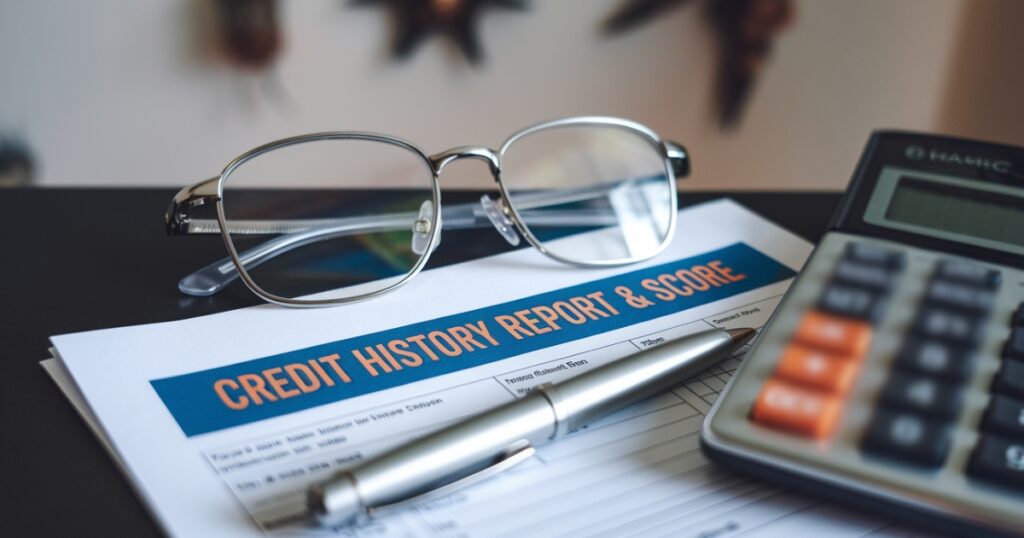
Legal Framework Governing Credit Bureaus in South Africa
The National Credit Act (NCA), implemented in 2006, serves as the cornerstone of the legal framework regulating credit bureaus in South Africa. This legislation was established to bring fairness and transparency to the credit industry, ensuring that all parties involved are treated equitably. Under the NCA, credit bureaus must follow strict guidelines in how they manage and share consumer credit information, upholding standards that protect consumers’ rights and promote responsible lending practices.
Key Provisions of the National Credit Act
- Consumer Rights: The NCA protects consumer rights by ensuring access to credit information and allowing consumers to challenge any inaccuracies on their credit reports.
- Data Handling: The Act provides clear guidelines on how credit data should be collected, processed, and stored, including provisions for safeguarding personal information against misuse or unauthorised access.
- Credit Reporting: Credit bureaus are required to provide a free credit report to consumers once every year upon request. This empowers consumers to monitor their credit status and make informed financial decisions.
Compliance and Enforcement
- Registration and Supervision: All credit bureaus operating in South Africa must be registered with the National Credit Regulator (NCR), which oversees their activities to ensure compliance with the NCA.
- Dispute Resolution: The NCA outlines a process for consumers to dispute incorrect information on their credit reports, requiring credit bureaus to resolve these disputes within 20 business days.
The legal requirements imposed by the NCA have greatly influenced how credit bureaus operate in South Africa. They have resulted in increased transparency and fostered a more consumer-friendly approach to credit reporting. This regulatory framework helps maintain the integrity of the credit system by ensuring that consumer information is accurate and securely managed.
Number of Credit Bureaus in South Africa
In South Africa, the credit industry depends on a network of credit bureaus that gather, store, and manage information about consumers’ credit histories. These credit bureaus are vital to the financial system, as they assist creditors in assessing the creditworthiness of individuals and businesses. South Africa has a total of 11 recognised credit bureaus, each with its own function and holding different types of credit information. These bureaus are categorised into three distinct groups based on their membership and the services they provide.
Full Member Credit Bureaus
These are the primary credit bureaus in South Africa, responsible for maintaining comprehensive credit records. They collect data from various sources and provide detailed credit reports to creditors. The full member credit bureaus include:
- Consumer Profile Bureaus (CPB)
- Experian
- TransUnion
- VeriCred
- Xpert Decision System (XDS)
Reseller Credit Bureau Members
These bureaus primarily act as intermediaries, reselling credit data and risk management solutions to other businesses. They aggregate information from various sources and offer customised reports and services. The reseller credit bureaus include:
- Credit IT Data Risk Management Solution
- Lexis Nexis Risk Management Services
- Searchworks 360
- Africa Credit Bureau
Intermediate Credit Bureau Members
Intermediate credit bureaus play a specialized role within the credit reporting system, concentrating on particular areas of credit data. They often focus on aspects like employment verification and tenant profiling, offering targeted insights that are especially useful for specific industries. In South Africa, the intermediate credit bureaus include:
- Managed Integrity Evaluation (MIE)
- Tenant Profile Network
Each of these credit bureaus holds unique information about consumers, and the data they provide can vary depending on the bureau and the type of service they offer. This diverse system ensures that credit information in South Africa is robust and comprehensive, enabling lenders to make well-informed decisions.
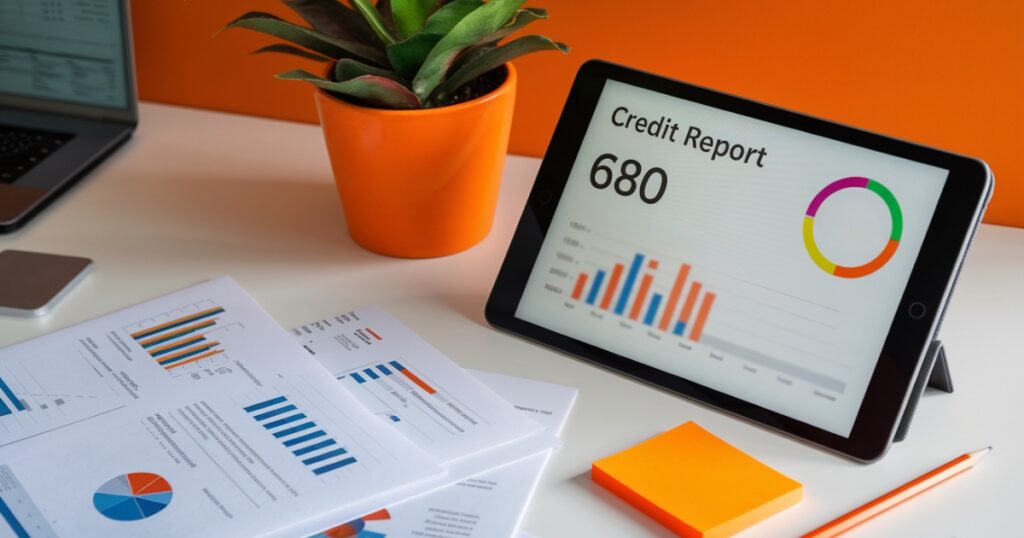
The Four Main Credit Bureaus in South Africa
In South Africa, the primary credit bureaus are Experian, TransUnion, Compuscan, and XDS. These organisations are full members of the credit bureau network and are widely utilised across the country.
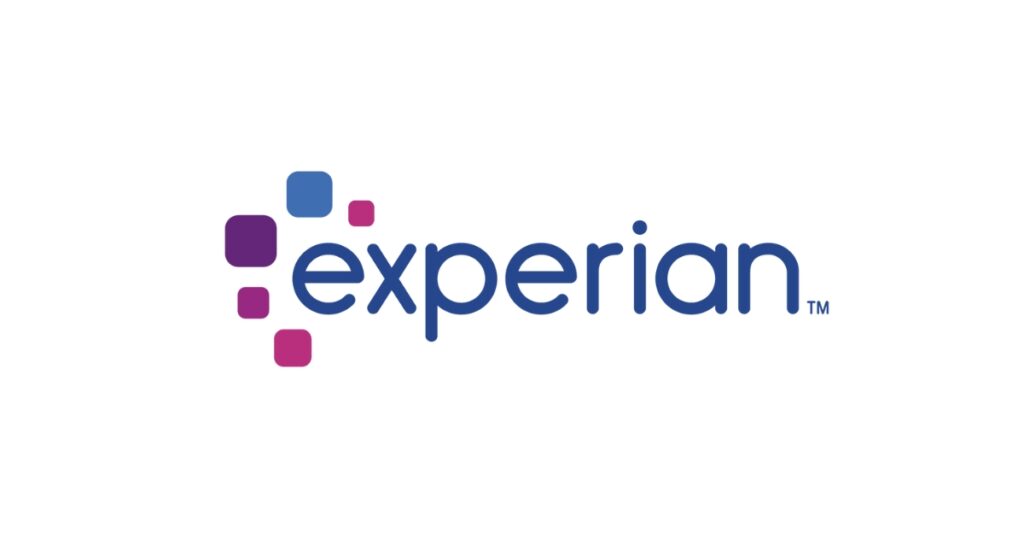
Experian
Founded in 1980, Experian is a global credit bureau operating in 36 countries and is a leader in information solutions. Experian offers credit reports in a user-friendly format, allowing for easy comparison with other reports and providing valuable insights into your credit status.
Checking Your Credit Score: Through Experian’s CreditExpert service, you can obtain one free credit report annually. For continuous access, you can choose a monthly subscription for R21 or an annual subscription for R145. Experian credit scores range from 0 to 705.
Pros
- Experian’s user-friendly credit reports make it easier for consumers to understand and compare their credit status with others, enhancing financial literacy and decision-making.
- Operating globally in 36 countries, Experian has a vast array of data, enabling it to provide nuanced insights that can help consumers and businesses manage their credit more effectively.
Cons
- As a large, global entity, Experian may face challenges in offering personalised customer service, which can be crucial for addressing individual credit issues.
- The breadth of Experian’s data collection might raise privacy concerns among users who are sensitive about their personal information.
Credit scores are often misunderstood, leading to unnecessary stress and confusion. Debunking common myths can help you manage your credit more effectively and avoid pitfalls. Clear up the misconceptions about credit scores here.
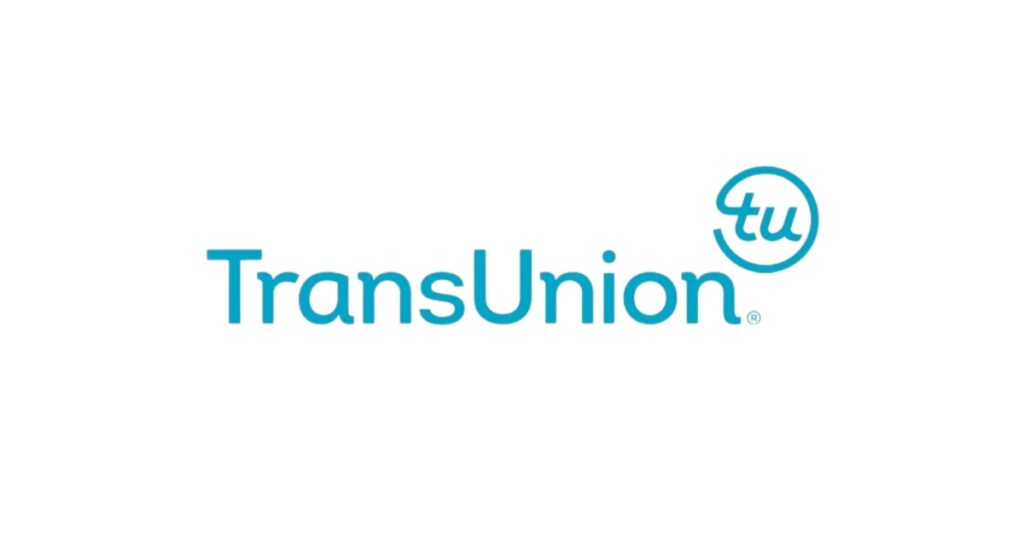
TransUnion
With over a century of operation, TransUnion Credit Bureau maintains data on 18 million consumers and 3.3 million businesses. Based in Chicago, TransUnion is one of the world’s largest and most respected credit bureaus, with a presence in 23 countries.
Checking Your Credit Score: TransUnion provides one free credit report per year. After using your free report, you will need to pay R40 for each additional report or R40 per month for a subscription. Credit scores with TransUnion range from 0 to 999.
Pros
- With its long history and extensive database, TransUnion offers robust and reliable credit information that aids consumers and businesses in making informed financial decisions.
- TransUnion’s international presence allows it to provide comparative insights across different markets, which can be beneficial for global businesses.
Cons
- The scale of operations might lead to slower adaptation to regional market changes, potentially affecting the relevance of the data provided.
- Consumers might find it challenging to rectify errors on their credit reports due to the vast amount of data handled by TransUnion.
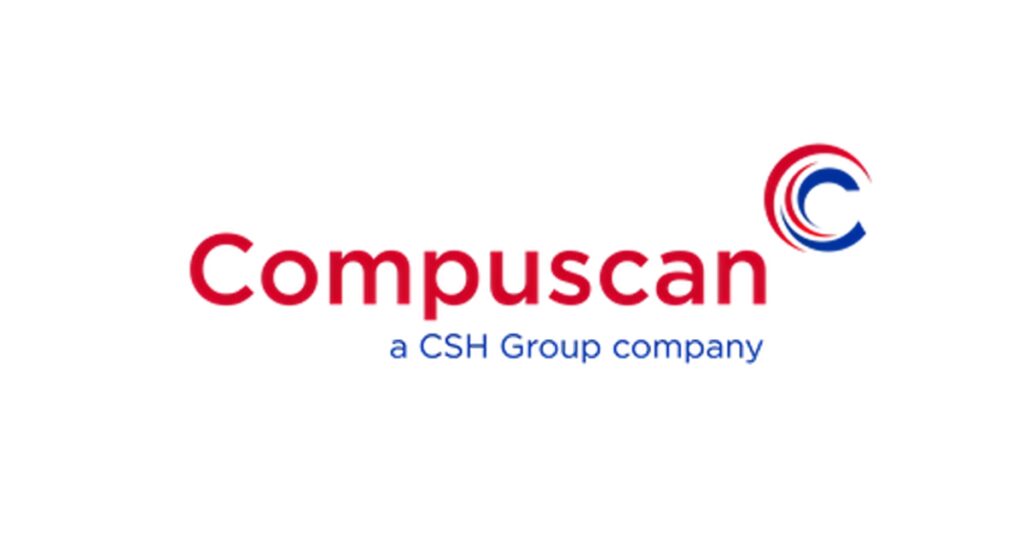
Compuscan
Established in 1994, Compuscan is the first African credit bureau and focuses on providing comprehensive credit management solutions for emerging markets. Compuscan is involved in collecting, verifying, storing, and distributing consumer credit information. They offer products and services designed to minimise risk and enhance profitability, with a commitment to purpose-driven credit management and strengthening customer relationships.
Checking Your Credit Score: Compuscan offers one free credit report annually, accessible through their My Credit Check portal. For those who want continuous access to their Compuscan credit report beyond the free annual copy, subscription rates start at R25.
Pros
- As the first African credit bureau, Compuscan has deep insights into the credit environment of emerging markets, which can be highly beneficial for local consumers and businesses.
- Compuscan’s focus on credit risk management and customer relationship enhancement provides tailored solutions that can improve profitability for businesses.
Cons
- The focus on emerging markets might limit the availability of global data, which can be a disadvantage for users needing insights into international credit landscapes.
- Compuscan’s regional focus may also mean less recognition and integration with global credit systems, which might affect consumers working internationally.
Navigating your credit report and improving your credit score can sometimes require professional assistance. A financial advisor can provide invaluable insights into your credit health. Understand the investment in such services by exploring our article on Financial Advisor Cost in South Africa.
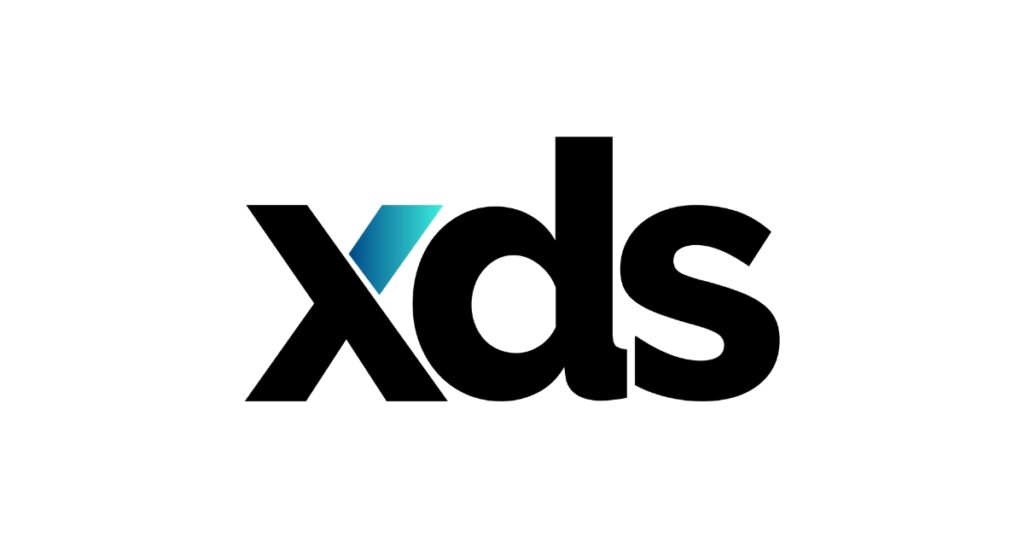
XDS
XDS (Xpert Decision Systems) is a 100% independently black-owned credit bureau based in South Africa. XDS specialises in providing innovative, user-focused information solutions tailored to the specific needs of consumers.
Checking Your Credit Score: Credit4Life offers a 30-day free trial for accessing your XDS credit report. For continued access, you can join the Credit4Life Consumers Club at R99 per year.
Pros
- As an independently owned credit bureau, XDS can offer more flexible and innovative solutions tailored to the specific needs of South African consumers.
- XDS’s focus on user-focused solutions ensures that their services are directly aligned with consumer needs and preferences, potentially offering a more personalised experience.
Cons
- Being a smaller and regionally focused credit bureau, XDS may lack the extensive data resources of larger, more established credit bureaus, which could limit the depth of credit analysis provided.
- XDS’s limited international presence might restrict access to global credit information, which can be a drawback for consumers and businesses with international dealings.
Conclusion
Credit bureaus play a crucial role in the financial landscape by providing essential credit information that influences lending decisions. Governed by the National Credit Act and supported by the Consumer Protection Act, these bureaus ensure transparency, protect consumer rights, and maintain data integrity. As consumers become more aware of their rights to access, dispute, and manage their credit information, the influence of credit bureaus extends beyond just credit assessments, fostering financial literacy and responsibility across the nation. This framework not only protects consumers but also stabilises the credit market, contributing to the overall economic health of South Africa.
Frequently Asked Questions
Credit bureaus in South Africa are organizations that collect, maintain, and report on the credit histories of individuals and businesses. They gather information from various credit providers and financial institutions, consolidating this data into credit reports that lenders use to assess creditworthiness and determine lending terms.
South Africa has 11 recognized credit bureaus, categorized into three types: Full Member Credit Bureaus (such as Experian, TransUnion, and XDS), Intermediate Credit Bureau Members (like MIE and Tenant Profile Network), and Reseller Credit Bureau Members (including Lexis Nexis and Credit IT Data Risk Management Solution). Each type serves different functions and holds unique data.
The four main credit bureaus in South Africa are Experian, TransUnion, Compuscan, and XDS. These organizations are prominent in the industry, providing comprehensive credit reports and services to consumers and lenders nationwide.
In South Africa, you can check your credit score through various bureaus: Experian offers one free report annually, with additional reports available via subscription; TransUnion provides one free report per year, with additional reports costing R40 each; XDS offers a 30-day free trial through Credit4Life, with continued access available for R99 per year.
To improve your credit score, ensure you pay all accounts in full and on time, keep credit usage below 35% of your limit, settle any outstanding judgments, diversify your credit types, limit the number of credit applications, and regularly review your credit report for discrepancies.
Fast, uncomplicated, and trustworthy loan comparisons
At Arcadia Finance, you can compare loan offers from multiple lenders with no obligation and free of charge. Get a clear overview of your options and choose the best deal for you.
Fill out our form today to easily compare interest rates from 19 banks and find the right loan for you.


